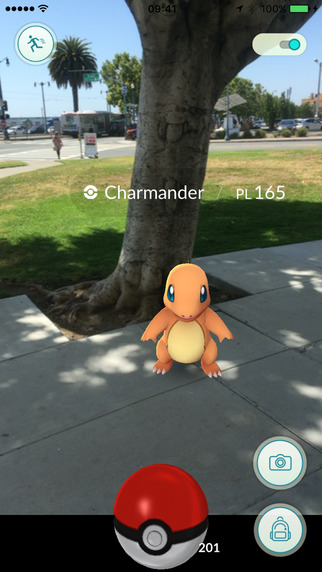GPS
See the following -
For The Love Of Open Mapping Data
It’s been exactly ten years since the launch of OpenStreetMap, the largest crowd-sourced mapping project on the Internet. The project was founded by Steve Coast when he was still a student...
- Login to post comments
Harnessing the Power of Data: Todd Park's Vision for Rebooting U.S. Healthcare
The first example Park cited was the Health Data Initiative. “Basically it’s an initiative to turn HHS into what we are calling the NOAA [pronounces "Noah"] of health data. “NOAA actually, pretty famously, not just collects tons and tons of weather data, but publishes it online in machine-readable format, downloadable by anybody for free without intellectual property constraint,” Park says. Read More »
- Login to post comments
IBM Open-Sources Potential “Internet of Things” Protocol
The openly stated goal from IBM is to produce a completely new world-wide web, one comprised of the messages that digitally empowered devices would send to one another. It is the same Internet, but not the same Web. Read More »
- Login to post comments
Pokémon Go Might Be the Fastest-Growing Unintentional Health App
 It’s a fast-growing fitness app that wasn’t intended to be one. Crippling servers, blowing up social media and getting kids and Millennials moving, Pokémon Go has been an instant hit since it launched last week. Pokémon Go, which uses augmented reality to allow users to capture monsters in real life, has an estimated 7.5 million downloads in its one-week life -- putting it on track to outpace Twitter's daily active user count. There is a surge of Google searches for all things Pokémon. It’s bigger than Tinder. And it isn’t even worldwide yet...
It’s a fast-growing fitness app that wasn’t intended to be one. Crippling servers, blowing up social media and getting kids and Millennials moving, Pokémon Go has been an instant hit since it launched last week. Pokémon Go, which uses augmented reality to allow users to capture monsters in real life, has an estimated 7.5 million downloads in its one-week life -- putting it on track to outpace Twitter's daily active user count. There is a surge of Google searches for all things Pokémon. It’s bigger than Tinder. And it isn’t even worldwide yet...
- Login to post comments
Social Media Can 'Buoy' Disaster Preparedness and Response
Social media such as Facebook, Twitter and foursquare may be important keys to improving the public health system's ability to prepare for, respond to and recover from disasters, according to an article in the New England Journal of Medicine. Read More »
- Login to post comments
Who Controls Your Smartphone? And How to Leverage Open Source to Prevent it from Spying on You
 There are many things about today’s world that warrant us asking that question. Do you or the mobile vendor control your smartphones? If you are a consumer, small or medium business (SMB) -- the answer is the vendor...What if you are a large enterprise or a government agency? The answer is still the vendor...How can the user regain control? Not all vendors have locked devices and walled gardens. Google’s line of Pixel hardware, for example, is a mid-market solution whose bootloader allows locking and re-locking. Pixels support two versions of Android. Google Mobile Services (GMS), where free services are tied to data monetization and a UX like Apple and Samsung devices. Secondly, Pixels can run Android Open-Source Project (AOSP) code that shares the same strengths as the GMS build, but the customer controls the code base and updates. There are several companies that are selling AOSP operating system builds for Pixel and other unlockable/lockable mobile phones and tablets...
There are many things about today’s world that warrant us asking that question. Do you or the mobile vendor control your smartphones? If you are a consumer, small or medium business (SMB) -- the answer is the vendor...What if you are a large enterprise or a government agency? The answer is still the vendor...How can the user regain control? Not all vendors have locked devices and walled gardens. Google’s line of Pixel hardware, for example, is a mid-market solution whose bootloader allows locking and re-locking. Pixels support two versions of Android. Google Mobile Services (GMS), where free services are tied to data monetization and a UX like Apple and Samsung devices. Secondly, Pixels can run Android Open-Source Project (AOSP) code that shares the same strengths as the GMS build, but the customer controls the code base and updates. There are several companies that are selling AOSP operating system builds for Pixel and other unlockable/lockable mobile phones and tablets...
- Login to post comments